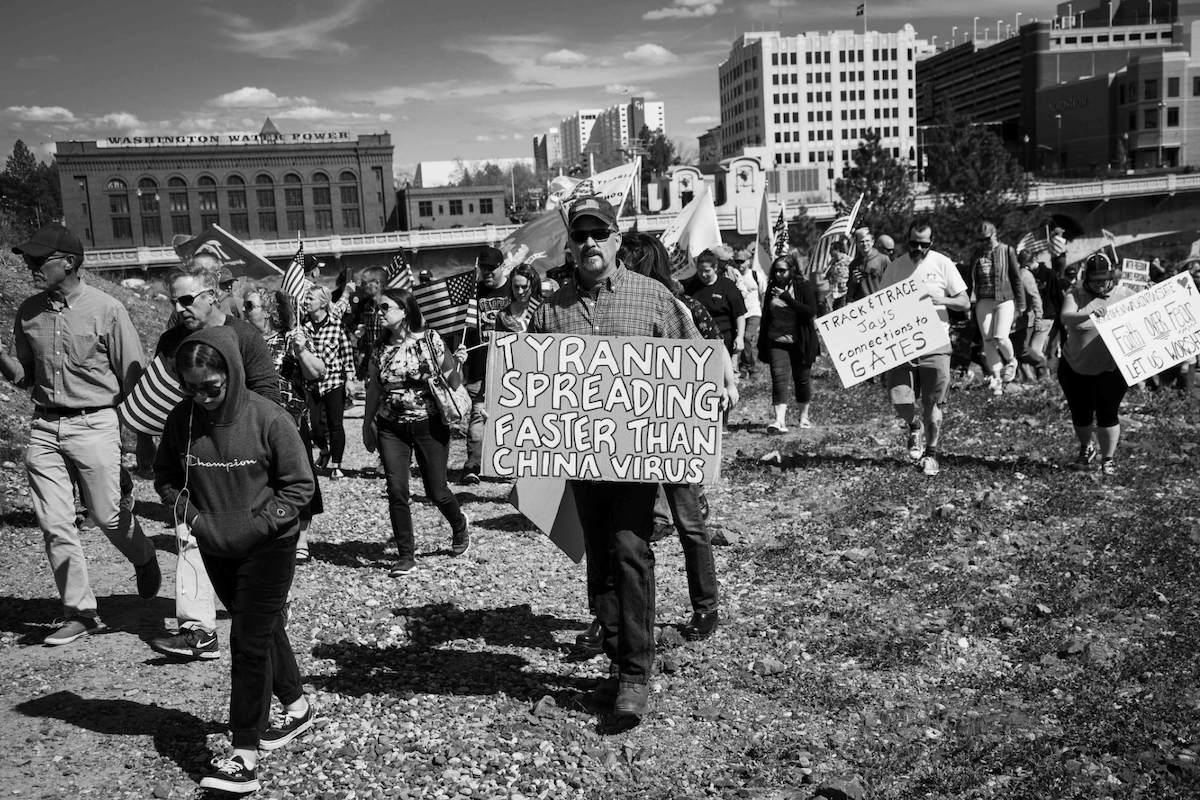Such blatant exhibitions of power indicate the new mood of assertiveness. In information warfare – as in so much else – Deng Xiaoping's famous maxim of "hide your strength and bide your time" is over. As the world's second-largest economy, China has decided it needs discourse power commensurate with its new global stature. Last week, a group of the US's most distinguished China experts released
a startling report expressing concern over China's more aggressive projections of power. Many of the experts have spent decades promoting engagement with China, yet they conclude: "The ambition of Chinese activity in terms of the breadth, depth of investment of financial resources, and intensity requires far greater scrutiny than it has been getting."
As Beijing and its proxies extend their reach, they are harnessing market forces to silence the competition. Discourse power is, it seems, a zero-sum game for China, and voices that are critical of Beijing are co-opted or silenced, left without a platform or drowned out in the sea of positive messaging created by Beijing's own "borrowed" and "bought" boats. As the west's media giants flounder, China's own media imperialism is on the rise, and the ultimate battle may not be for the means of news production, but for journalism itself.










